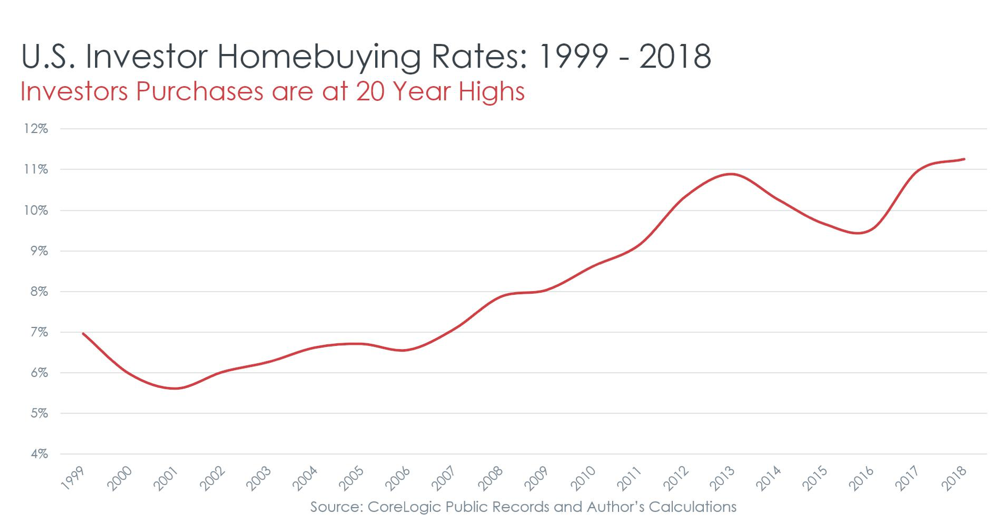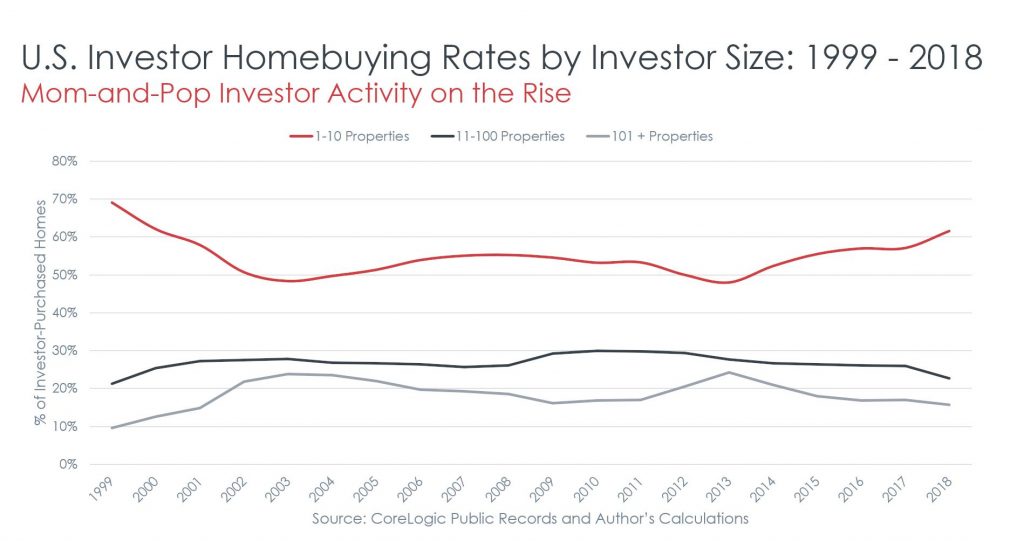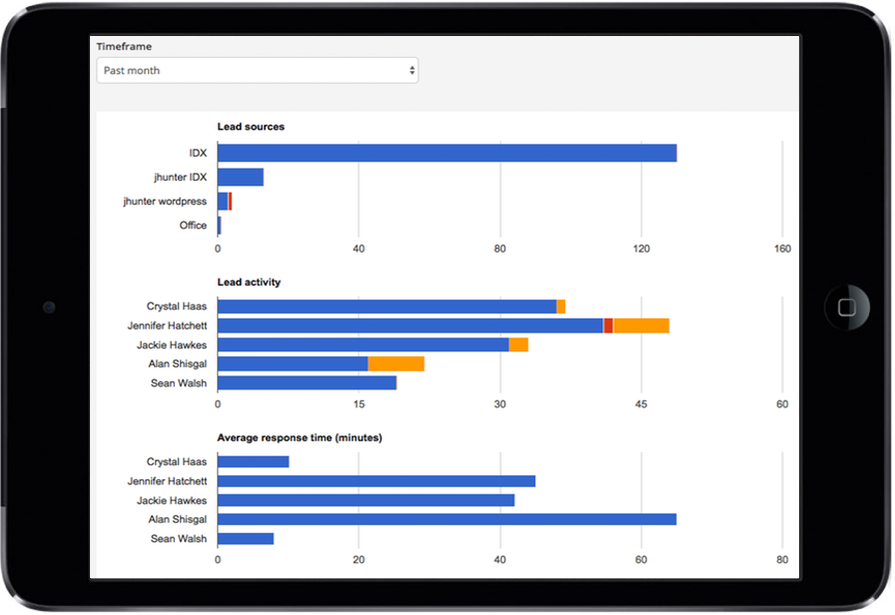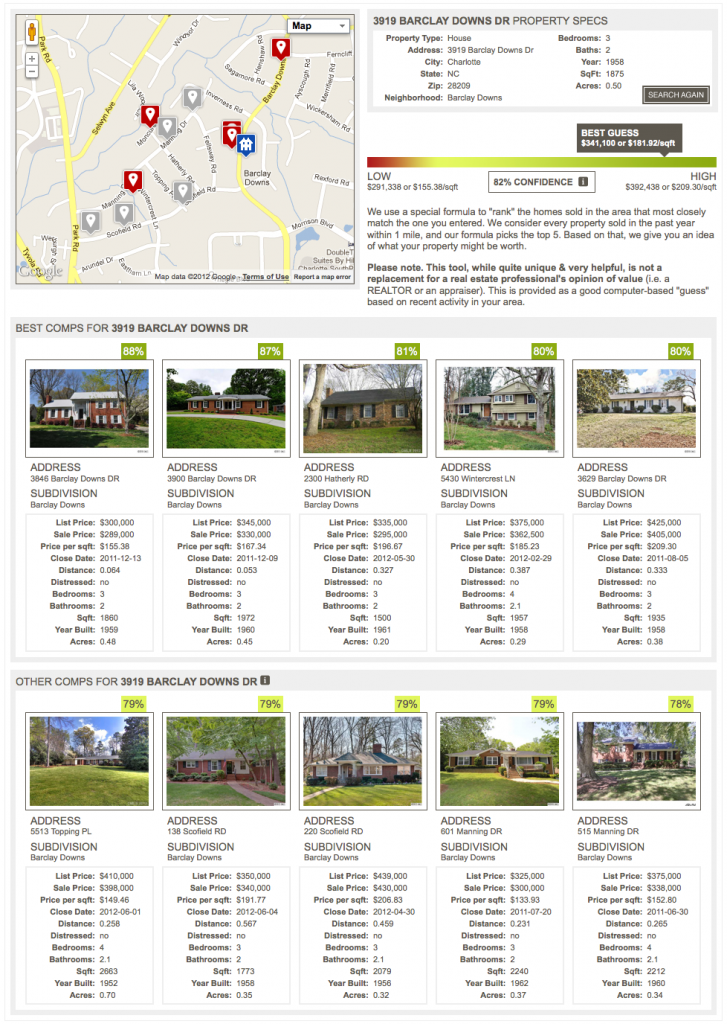Over the past decade, we’ve worked with hundreds of agents and seen a whole lot of different tactics to get Internet leads. Since “how do I get leads?” is the most popular question we hear from clients, we’ll lay everything on the table for you.
There are 2 distinct ways to get Internet leads and we will go over the pros & cons.
|
PROs |
CONs |
| Buy leads from sources such as Trulia/Zillow, Realtor.com, etc. |
- Fast results
- No need to generate your own content
|
- Expensive
- Depending on your area, lead quality might be bad
|
| Develop your own Internet content and attract organic search traffic |
- Sustainable long-term without spending big bucks
- Leads tend to be higher quality
|
- Harder work
- Results can take time
|
As a general rule, developing your own content & getting organic traffic is the best long-term strategy. It’s a LOT cheaper over the long run, and the quality of the leads are significantly better. We asked a current client of ours to describe her experience buying leads and here’s what she said:
Trulia/Zillow was a huge waste of money for me. I did a 6-month campaign and spent about $1500 and literally the only leads I got were for rentals or for homes that sold 2 years ago. What you’re buying with Trulia/Zillow is placement on their property pages so that if a buyer finds the house, your name shows up in the top 3. But for whatever reason, I didn’t get a single lead on a real house for sale in 6 months.
Realtor.com was a little better — they scrub their leads so that you’re getting a real email address & phone number and they guarantee a certain number of leads per month. But it’s pricey and most of the leads I got were for houses under $100k.
Writing good, quality content (and lots of it) on your own website is definitely harder work, and quite frankly a lot of agents would PREFER to throw hundreds of dollars a month at Trulia/Zillow with the hope that they’ll get a decent lead or two. But without any doubt, our most successful clients are the ones who put the time/effort into building their own Internet presence, with good local content.
So what do I do?
Believe it or not, about 85% of what you need to do is pretty much common sense. Start a website. Have an IDX/property search that captures leads. Write blog posts with good LOCAL content at least 2 or 3 times per week. Then use Facebook / Twitter to drive traffic to those blog posts. Rinse, repeat!
There are certain techniques that can help raise your rankings but in general, it’s all about content. CONTENT, CONTENT, CONTENT!
We’ve said it again & again. There is no secret or magic bullet to getting Internet leads. It requires hard work & patience, and the agents who put in the time/effort to attract traffic are the ones who get the leads.









